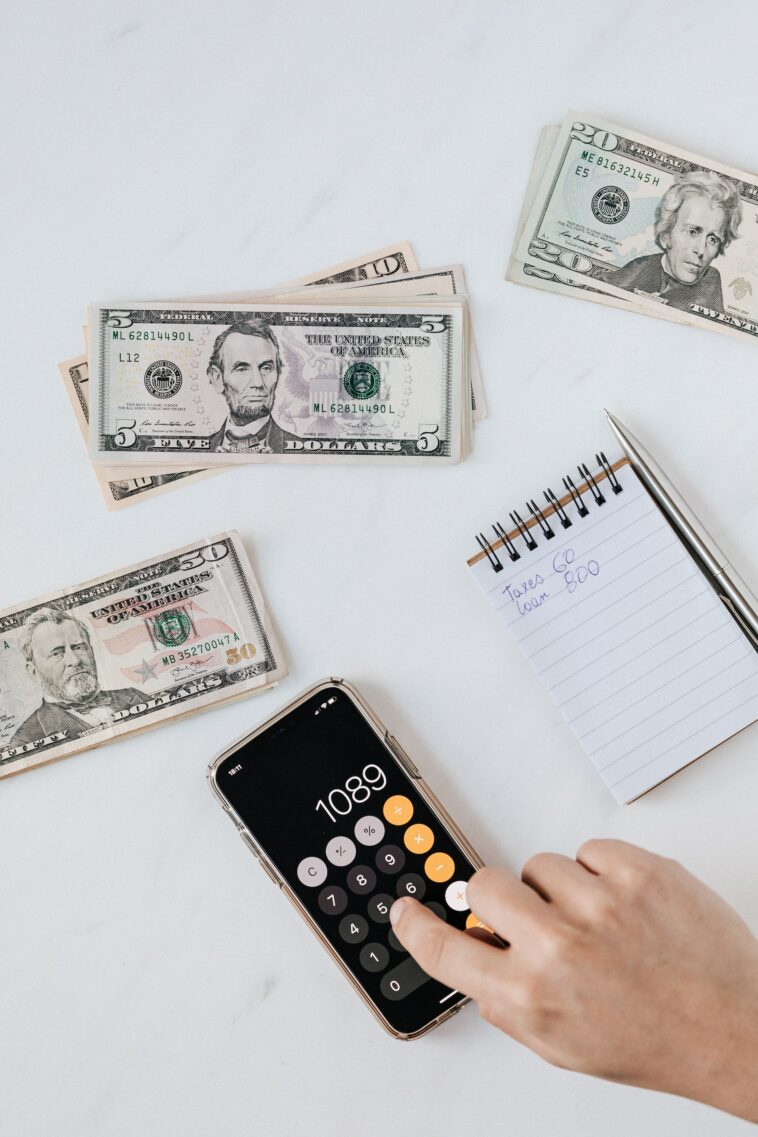If you own a small business and require funds for inventory, supplies or equipment purchases, a microloan could be just what the doctor ordered. These loans come from various sources such as nonprofits, community organizations and online platforms.
Microloans can help your business get off the ground and begin building credit. Many microlenders also provide coaching and other support to ensure your venture succeeds.
What is a microloan?
Microloans are small business loans of up to $50,000 available from nonprofit organizations, alternative lenders and government agencies. They can be used for various purposes like financing working capital, equipment purchases and more. Microloans typically come from nonprofit organizations, alternative lenders and government agencies.
Entrepreneurs with low credit scores have many great options to choose from. Many lenders provide flexible eligibility requirements and may even provide free business mentorship, training, and assistance to help boost your success.
Before applying for a microloan from any lender, do your due diligence and research the lender’s credentials. Doing this will give you the greatest chance of approval when applying for this type of loan.
It is wise to take the time to compare interest rates before selecting a lender. Not only will their offer affect the amount and term of your loan, but also determine your monthly payments.
Finding the ideal lender requires searching for one with a good reputation. Look for lenders offering competitive interest rates and accepting applicants with various credit histories.
Another consideration when searching for a lender is one that offers flexible terms and rates, so you can pay back the money quickly. Doing this will save time and money in the long run, plus ensure you don’t end up with an exorbitant interest rate you cannot afford.
Microloans are an excellent way to get the money you need for starting or expanding your business. For instance, if you’re opening a yoga studio, for instance, a microloan could cover all of the supplies and equipment necessary to run it successfully.
Furthermore, if you’re opening a restaurant or bakery, a microloan can help purchase essential equipment like tables and chairs. With all these pieces at your disposal, running your business becomes simpler and less stressful.
To be eligible for a microloan, you must create a business plan. It should contain information regarding your goals, objectives and financial strategy. Doing this gives the lender insight into whether or not you can pay back the loan.
What are the benefits of a microloan?
Are you starting or expanding your own business, or need extra cash for expanding operations, a microloan may be just what the doctor ordered. These loans tend to be smaller in amount than traditional loans, making them simpler and faster to obtain approval for.
Some microloan lenders provide an accessible application process and let you apply online. This makes it possible to secure funding quickly, while also building your credit. However, keep in mind that microloans may not be suitable for everyone.
There are various microloan programs available, each with their own eligibility requirements. It’s best to investigate several before applying for a loan. Furthermore, make sure the lender has an excellent history of lending to businesses with poor credit histories.
Accion USA, for example, is a well-known microlender that offers loans to entrepreneurs with poor credit histories. Their mission is to empower minority, women and low-income business owners.
Receiving approval for a microloan requires an extensive business plan and clean credit history. Demonstrating that you understand your business operations and are committed to repaying the loan is essential in showing the lender that you take responsibility for its financial well-being.
A business plan should include information on how your business makes money, who it serves and its long-term objectives. Additionally, providing the lender with a detailed breakdown of monthly expenses is wise.
Although some microlenders review your credit history, they typically don’t pull it. Furthermore, you should demonstrate that you have paid off past debts and are free of liens, bankruptcies or outstanding tax liens.
Some microloans require you to sign a personal guarantee or provide collateral for the loan. Depending on your capacity to supply these items, this could add extra paperwork and time to the process.
If you’re having difficulty repaying your microloan, reach out to your lender immediately. They can work out a solution that benefits both of you.
Microloans for short-term capital needs are an ideal way to keep your business running smoothly. They can be used for purchasing inventory, covering bills during slow seasons or paying extra employees during busy seasons.
How do I apply for a microloan?
Microloans are loans of a small dollar amount that are often used to help businesses grow and expand. These loans may come from various lenders such as nonprofit organizations or community-based financial institutions.
Many small business owners rely on these types of loans when they need to cover short-term costs such as purchasing inventory or paying employees. Furthermore, these loans can be beneficial for expanding your company and investing in new marketing initiatives.
Loans from banks tend to be easier to acquire than traditional loans, which may be harder if you don’t have a good credit history. Nonetheless, be aware that the process may be more challenging than anticipated.
To get approved for a microloan, you must show that your business is stable and likely to continue operating successfully. This can be accomplished through an extensive business plan which outlines all of your financial objectives, background information, and plans.
Additionally, you must demonstrate your ability to repay the loan in full. Lenders typically evaluate this based on your credit score, the strength of your business revenue, any other sources of income you might have and how long you’ve been in business.
Alternately, you can offer collateral in exchange for the loan. Doing so protects both parties’ interests and shows that you are serious about repaying what was borrowed.
Microloans come with different eligibility requirements from lender to lender, though most have fewer requirements than traditional term loans from large banks. This makes them ideal for business owners who don’t have good credit histories or who lack money to invest.
If you’re uncertain of your eligibility for a microloan, consulting an expert is recommended. They can give advice on how to prepare for the application process and what steps should be taken so that you are ready when the time comes.
Microloans are a widely-used source of funding for small businesses across America. They’re usually provided by community-based financial institutions or nonprofit organizations and backed by the Small Business Administration (SBA). Additionally, SBA has an expansive network of intermediary lenders that can assist you in finding one in your vicinity.
How do I get approved for a microloan?
Microloans can be an ideal solution for businesses that require a short-term funding boost. They help pay for inventory, pay employees or cover seasonal expenses like rent or utilities. Furthermore, it’s an effective way to build business credit.
Microlenders typically assess borrowers’ credit history, revenue and other factors to decide if they qualify for a loan. They may also look at your business plan in order to assess its potential profitability.
Some microloan programs are tailored toward particular groups of borrowers, such as women, veterans and minorities. Others focus on specific industries or geographical regions.
No matter the specific criteria, many microlenders prefer applicants with a minimum credit score and an established business plan. This helps them understand your long-term plans for the business, helping to minimize any negative repercussions from temporary dips in credit scores.
Microloans can be obtained through government-backed microlenders, intermediary lenders or peer-to-peer lending platforms. The Small Business Administration (SBA) microloan program is one popular source of loans for businesses with limited credit scores.
The Small Business Administration does not mandate origination fees, but intermediary lenders often do. They may charge an application fee, credit check fee and loan closing costs.
In addition to a minimum credit score, SBA microloans often require collateral and personal guarantees. Your business’ equipment, real estate or accounts receivables can serve as the security.
Microloans may also be provided by nonprofit organizations and community-based financial institutions. While eligibility requirements differ between providers, most nonprofits and community-based banks have requirements similar to SBA microloans.
To apply for a microloan, start by reaching out to an SBA-approved intermediary in your area or searching online for SBA microlenders. SBA microlenders are usually the best starting point since they typically have lower credit requirements than other providers.
The Small Business Administration (SBA) maintains a list of authorized microlenders in each state. While they don’t require credit scores, they do expect borrowers to meet certain criteria. Most often, this means demonstrating “good character,” meaning no convictions for fraud or theft.

